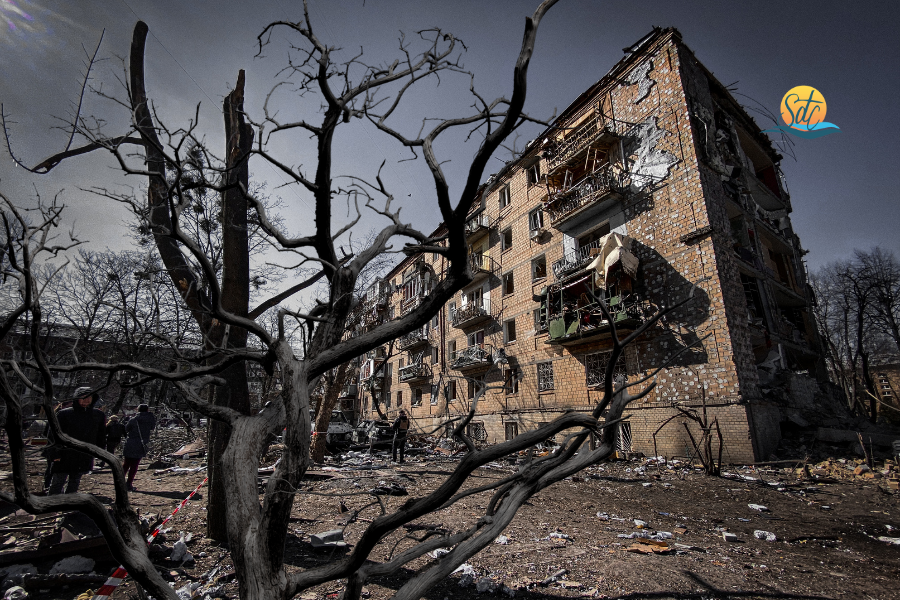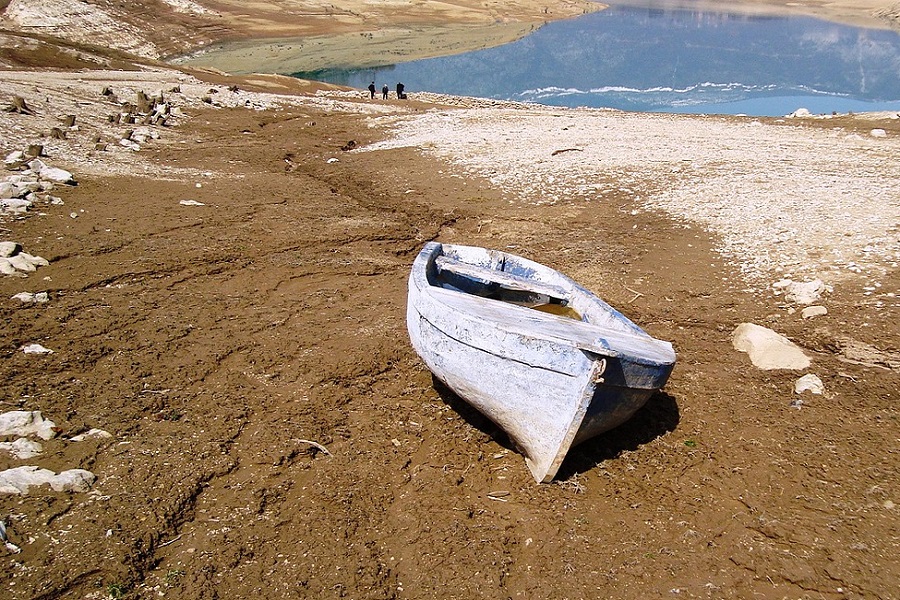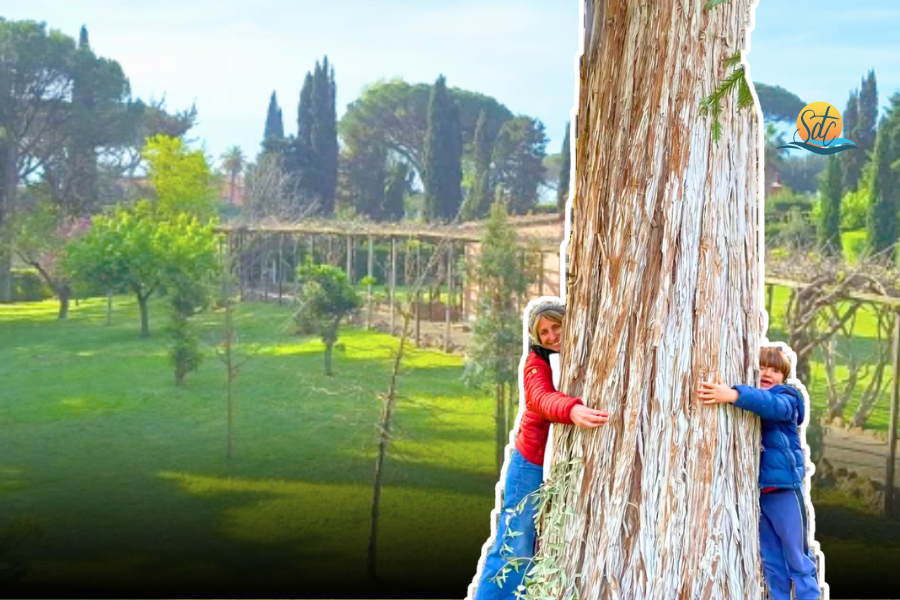6 November is the United Nations International Day for the Prevention of the Exploitation of the Environment in Situations of War and Armed Conflict, established in 2001 to raise awareness of the harmful effects on soldiers and civilians and on natural resources and ecosystems. The effects of conflicts on the environment are too often overlooked.
There can be no lasting peace if the natural resources and ecosystems on which people’s livelihoods are based are destroyed.

The exploitation of natural resources and the struggle for control of territories intensify environmental destruction, with lasting consequences for ecosystems and future generations.
We welcome here the testimony of Jessy Semaan, representative of the Laudato Si’ Movement in Lebanon.
“As a representative of the Laudato Si’ in Lebanon, I have witnessed first-hand the devastating effects of armed conflict on our country’s ecosystem. Lebanon, already weakened by constant instability, is also suffering the heavy ecological consequences of regional tensions.
These conflicts not only damage the infrastructure, but also destroy the environment. Bombings devastate our forests, pollute groundwater and sterilise soil, making scarce natural resources even more precious in times of war.
Yet despite all this, we continue to educate the younger generations about the importance of ecology, emphasising that even in times of conflict, protecting the environment remains paramount. Peace and nature protection are closely linked and every gesture counts in building a sustainable future.
Through the Laudato Si’ Movement, we emphasise the urgency of preserving nature and call on the international community to become aware of the damage that conflicts inflict on our planet‘.
Jessy Semaan






